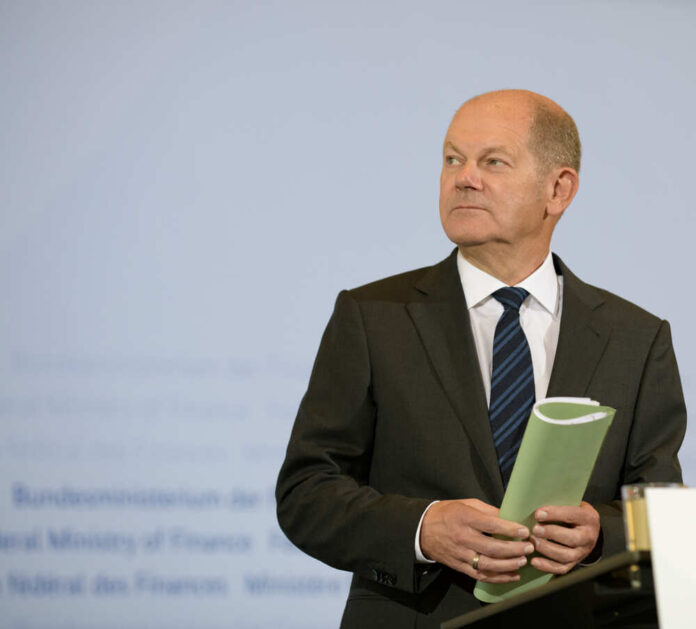
The German Chancellor, Olaf Scholz, stated that Berlin would not provide Ukraine with the requested long-range missiles to combat Russia. This decision aims to prevent further escalation of the conflict initiated by Vladimir Putin.
According to Gustav Gressel, a senior policy fellow at the European Council on Foreign Relations (ECFR), Scholz’s decision to withhold the weapon was deemed “ridiculous,” his stance was seen as nurturing fears.
Many Germans have expressed concerns about the potential depletion of Germany’s stocks and the possibility of Russians observing the missile in operation in Ukraine, which could provide them with valuable information about its counter-measures and stealth capabilities.
Scholz has consistently expressed his opposition to providing Kyiv with the weapon. He has cited various reasons, including concerns about Germany being dragged into the conflict or the guns being used against Moscow. Another reason he has mentioned is that it would require tactical assistance from Berlin, which goes against NATO members’ efforts to contain the war in Ukraine.
Kyiv has consistently requested Berlin to provide the Taurus KEPD-350 missile, considered one of the advanced weapon systems in the German military.
Ukrainian officials are seeking Taurus missiles to target Russian ammunition depots located behind the front line and to disrupt resupply routes, including the Kerch Bridge connecting occupied Crimea and Russia.
The Taurus is an impressive weapon, measuring over 16.4 feet long and weighing 1.4 tons. It is launched from fighter jets in the air. It can reach speeds exceeding 700 miles per hour and engage targets at distances of over 300 miles.
Scholz restated his disagreement with the decision in an interview with the German newspaper Märkische Allgemeine. He acknowledged that he hadn’t communicated with Putin since December 2022.
Reports suggest that German politicians, including Scholz, have expressed concerns about the potential consequences of supplying the missile to Ukraine. They worry that the Bundeswehr might face challenges in utilizing the missile effectively if it loses access to the necessary technology.














